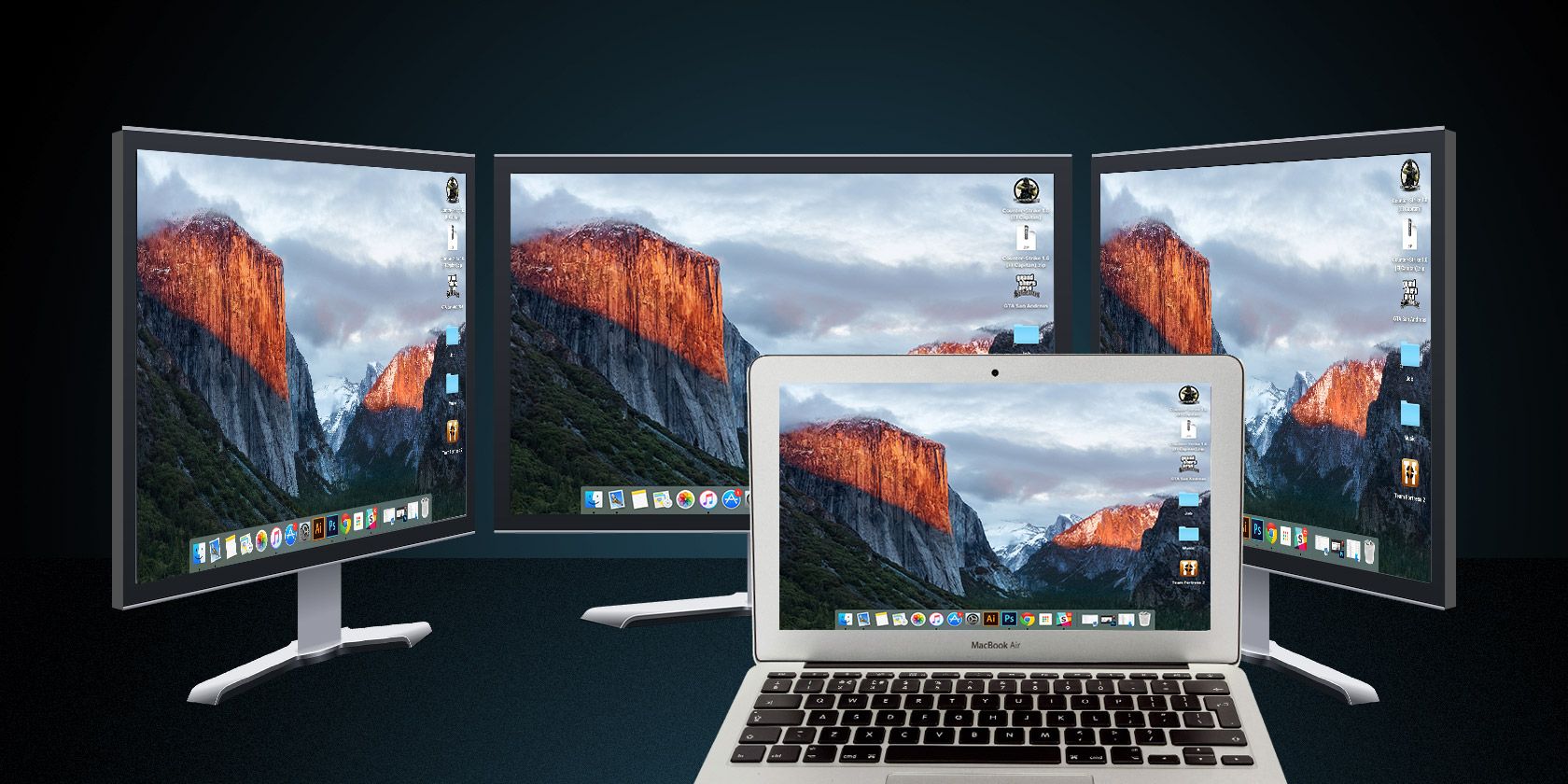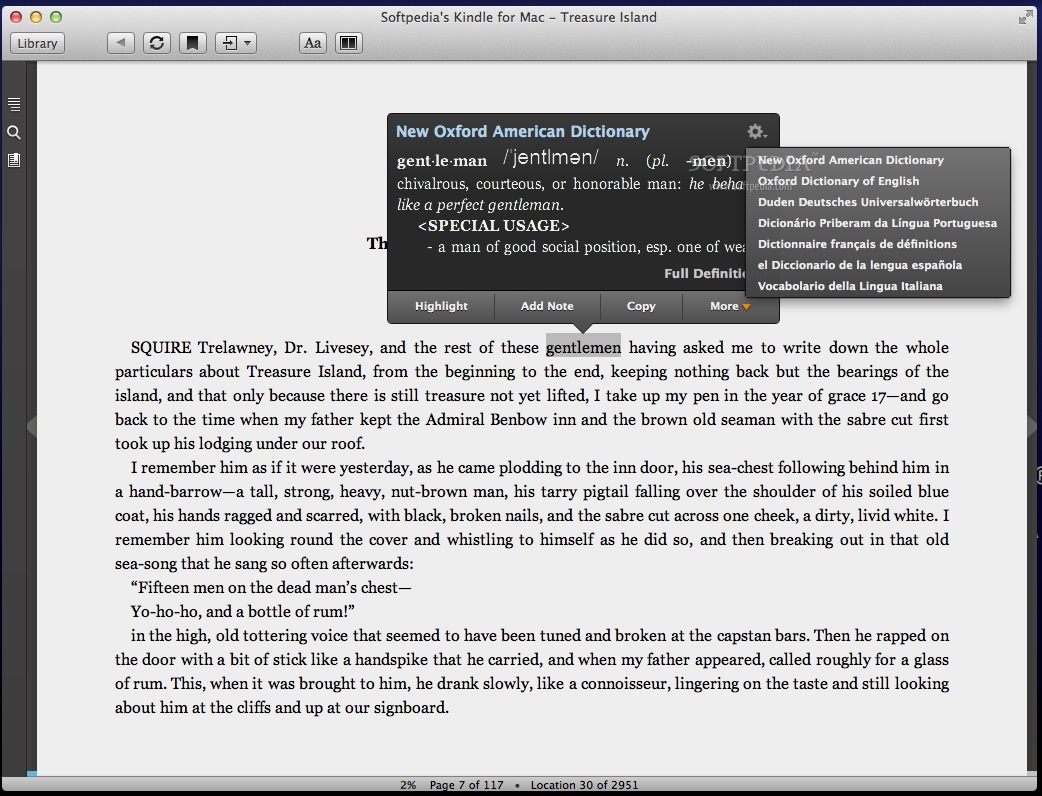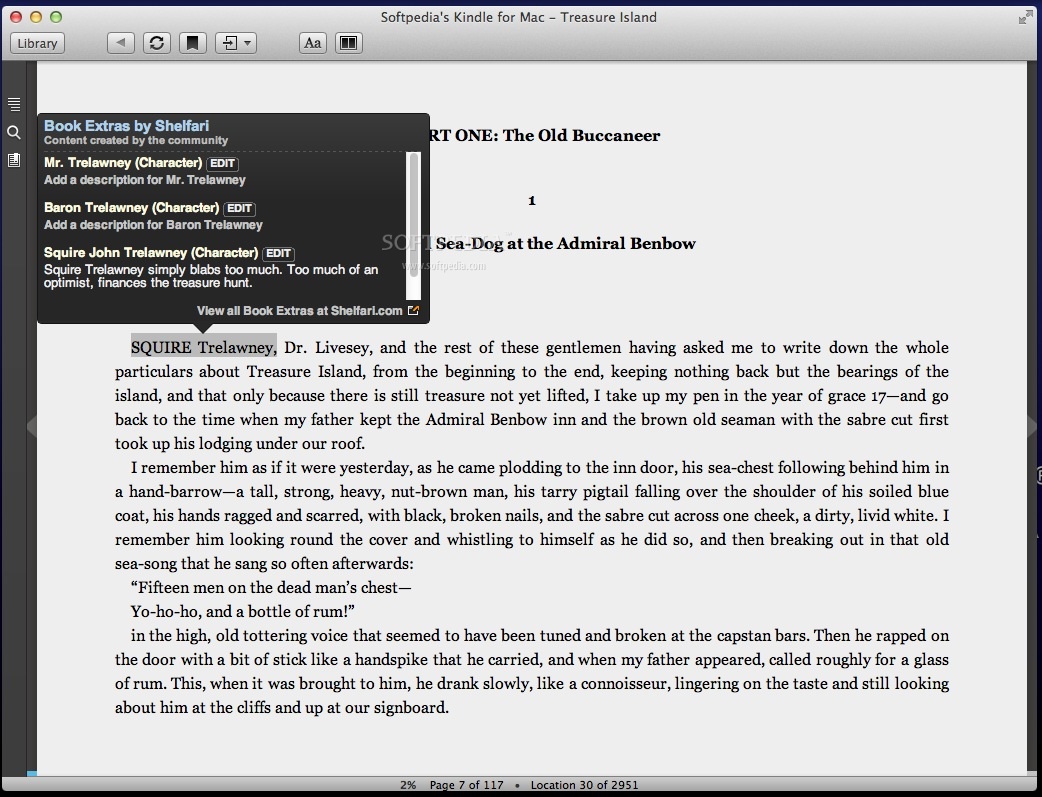

For those who prefer to purchase books from brick-and-mortar stores, tracking reading on book social site Goodreads, which is owned by Amazon, will put you back into the tech giant’s purview. The company is now responsible for the sale of some 50% of physical books for major publishers and 80% of ebooks. While more tech-savvy users can attempt to alter the Kindle device or app to prevent tracking, the average reader can do little to escape Amazon’s reach. The so-called Kindle hackers have found ways to modify book covers, change brightness and prevent tracking within ebooks. To limit the amount of data Amazon can collect on them, a number of readers are bypassing Amazon’s approved file formats and downloading pirated books to Kindle. “There is no reason Amazon or any other company needs to collect that kind of information to provide you with the service, which is simply reading a book,” said Evan Greer, the director at privacy activist group Fight for the Future. “The essential truth is that these entities know us better than we know ourselves.”Īctivists and hackers claim this information is not, in fact, necessary for the apps to function. “Many of these companies just scoop up as much data as they can without knowing how it will be used – all they know is that more information is better,” he said. Though Amazon says it is not currently sharing the insights gleaned from reading habits with anyone else, that the company holds on to the data shows it could be used in the future, said Alastair Mactaggart, an advocate who co-wrote the ballot measure behind the California Consumer Privacy Act. “The kinds of nuanced correlations Amazon is able to find through analyzing that data is beyond what we can conceptualize as human beings.” “It is hard for us to wrap our minds around what artificial intelligence enables Amazon to do with this data,” she said. Many of these companies just scoop up as much data as they can without knowing how it will be used Alastair Mactaggart Even the time of day I read or the speed at which I turn pages can provide insights on personal traits, said Stacy Mitchell of the Institute for Local Self-Reliance. It does say the data is used “to provide customers with products and services, pay content providers and improve the reading and shopping experience”, the spokeswoman said.įrom my reading history, which included books on self-help and mental health, Amazon could easily make inferences about my personal health, career and hobbies. Aggregated data is used to show which parts of books have most frequently been highlighted, as Kindle customers can see while reading. The highlights are logged to sync reading progress and actions across devices, she said. Who is this information shared with, what is done with it, and how can it affect my privacy – and the future of the reading experience itself?Īmazon says it does not share what individual customers have highlighted with publishers or anyone else, a spokeswoman said.
#KINDLE FOR MAC TWO PAGE DISPLAY OFFLINE#
But the extensive tracking of my reading habits – my most beloved and previously offline hobby – was jarring.

I already understood Amazon tracks our purchases on its site, our activity across the web, our voice commands, our grocery shopping and our locations.


Other habits tracked included the times I copied excerpts from books into my iPhone’s clipboard and how often I looked up definitions of words in Kindle’s attached dictionary. On 27 August 2018, I changed the color of a highlighted portion of that same book. On I highlighted an excerpt from the third installment of the diary of Anaïs Nin, the data shows, and on 23 August 2018 at 11.25 pm, I highlighted an excerpt from Leslie Jamison’s The Recovering: Intoxication and its Aftermath. And Amazon knows more than just what books I’ve read and when – it also knows which parts of them I liked the most.


 0 kommentar(er)
0 kommentar(er)
